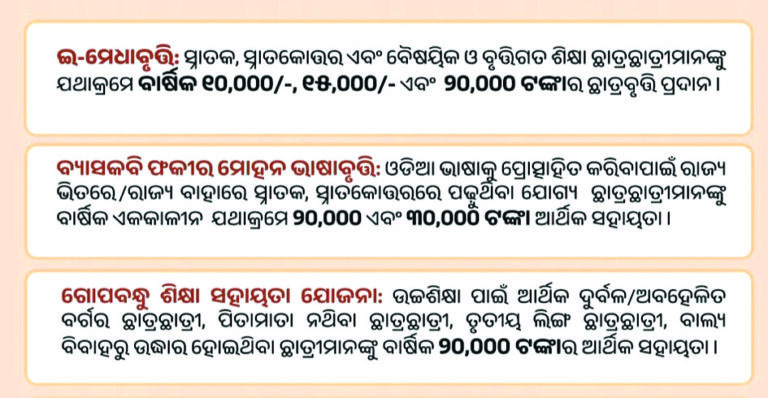
New Delhi:The Supreme Court on Thursday rebuked the Enforcement Directorate for “crossing all limits” and violating the concept of federal governance, referring to raids – in March and last week – of state-run liquor shops in Tamil Nadu. An irked court directed the federal agency to stand down for now. The ED”s raids were over allegations of corruption in the transport of liquor, grant of bar licences, and unaccounted cash generated by siphoning funds in collusion with bottle-making firms and distilleries.
A bench led by Chief Justice BR Gavai told the ED, “You may register cases against individuals… but corporations? Your ED is passing all limits! Issue notice, returnable after vacation.” “Meanwhile, stay granted of further proceedings…” the Chief Justice said.The court’s direction has been welcomed by the ruling DMK; ex-Rajya Sabha MP RS Bharathi told the order was a ‘blow to the BJP’s efforts to malign the state government’. The Supreme Court had been approached by the DMK-run state government and a state-run marketing corporation granted a monopoly over wholesale and retail liqour trade in the state. They sought to challenge an April 23 order by the Madras High Court giving green signal forED action in this matter. However, the ED’s knuckles were rapped after senior advocate Kapil Sibal told the court the agency had seized and cloned multiple mobile phones during raids on March 14 and May 16. Back in March the agency claimed it found “multiple irregularities” in the operations of TASMAC, i.e., the Tamil Nadu State Marketing Corporation Limited. The ED also said it found “unaccounted” cash worth Rs 1,000 crore.
Specifically, it said it had found “incriminating” data related to corporate postings, and transport and bar licence tenders, as well as indent orders ‘favouring’ a few distilleries. There was also “evidence”, the ED said of fraudulent pricing, i.e., surcharges of Rs 10 to Rs 30 per bottle sold by TASMAC outlets imposed with the “involvement” of TASMAC officials. The raids were repeated last week. Ten premises were searched under the Prevention of Money Laundering Act, or PMLA, and the ED claimed to have found ‘manipulated data’ indicating cheating during award of tenders.







